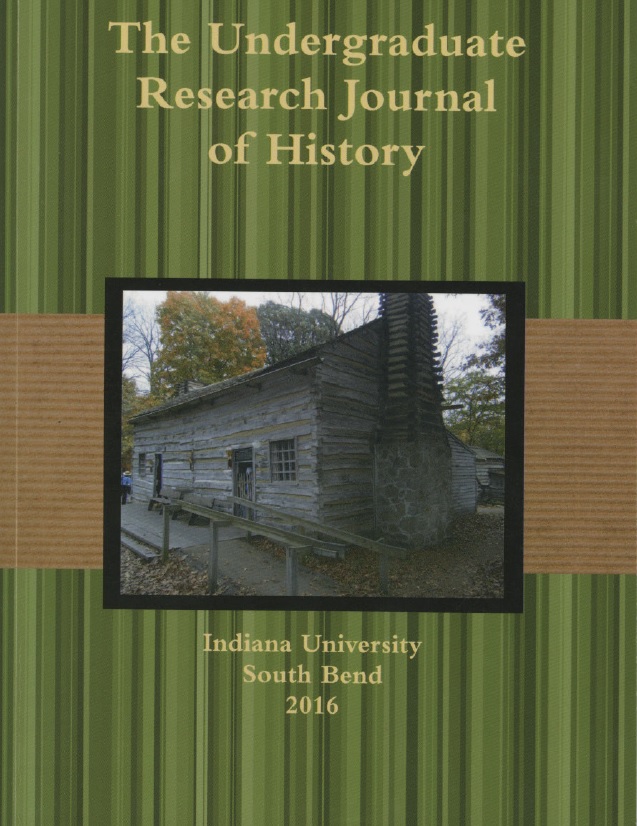Bound for the Promised Land: Camp Meetings and Their Impact on Antebellum Religion and Society
Main Article Content
Abstract
A mention of the term "Old South" brings quickly to mind images
of magnolias and live oaks, plantations and the people, black and
white, that inhabited them. But this was also a region of ordinary people
living in small towns and on farms, redefined by the Second Great
Awakening, and a unique religious experience, the camp meeting. The
Second Great A wakening resulted in a shift from the Calvinistic belief
in predestination to evangelical Protestantism, with its focus on individual
freedom of choice and the conversion experience through
personal salvation. In the South, camp meetings filled spiritual needs,
affected mainline denominations, initiated social change, and were
shaped by the isolation, economy, and agrarian nature of society. Additionally, revivals produced by the Second Great Awakening, in their
different Northern and Southern manifestations, were instrumental in
increasing sectionalism in America in the years preceding the Civil
War.
of magnolias and live oaks, plantations and the people, black and
white, that inhabited them. But this was also a region of ordinary people
living in small towns and on farms, redefined by the Second Great
Awakening, and a unique religious experience, the camp meeting. The
Second Great A wakening resulted in a shift from the Calvinistic belief
in predestination to evangelical Protestantism, with its focus on individual
freedom of choice and the conversion experience through
personal salvation. In the South, camp meetings filled spiritual needs,
affected mainline denominations, initiated social change, and were
shaped by the isolation, economy, and agrarian nature of society. Additionally, revivals produced by the Second Great Awakening, in their
different Northern and Southern manifestations, were instrumental in
increasing sectionalism in America in the years preceding the Civil
War.
Downloads
Download data is not yet available.
Article Details
Section
Articles
